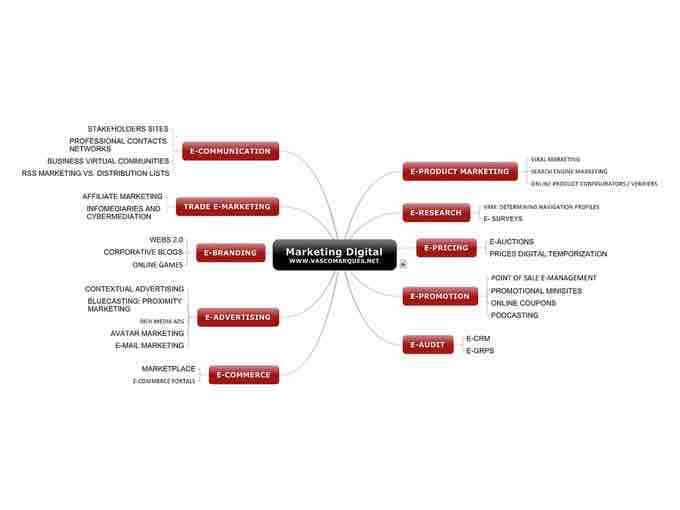Industrial marketing (or business-to-business marketing) is the marketing of goods and services by one business to another. Industrial goods are those an industry uses to produce an end product from one or more raw materials.
Industrial marketing can cross the border into consumer marketing. For example, an electronic component seller may distribute its products through industrial marketing channels, but also support consumer sales. Many products are equally desired by business and consumers—such as audio products, furniture, paint, hardware, etc. Nonetheless, manufacturers and service providers frequently maintain separate industrial and consumer marketing operations to reflect the different needs of the two channels.
Competitive tendering
Industrial marketing often involves competitive tendering. This is a process where a purchasing organization undertakes to procure goods and services from suitable suppliers. Due to the high value of some purchases and the complexity of such purchases, the purchasing organization will seek to obtain a number of bids from competing suppliers and choose the best offering. An entire profession that includes tertiary training and qualifications has been built around the process of making important purchases.
Bidding Process
Suppliers who are seeking to win a competitive tender go through a bidding process. At its most primitive, this would consist of evaluating the specification (issued by the purchasing organization), designing a suitable proposal, and working out a price.
Non-tender Purchasing
Not all industrial sales involve competitive tendering. Tender processes are time consuming and expensive, particularly when executed with the aim of ensuring probity. Government agencies are particularly likely to utilize elaborate competitive tendering processes due to the expectation that they should be seen at all times to be responsibly and accountably spending public monies. Private companies are able to avoid the complexity of a fully transparent tender process but are still able to run the procurement process with some rigour.
Successful Industrial Sales Organizations: Key Features
In industrial marketing, personal selling is still very effective because many products must be customized to suit the requirements of the individual customer. Indicators, such as the "sales tunnel," give information on the expected sales in the near future. The "hit rate" indicates whether the sales organization is busy with promising sales leads or it is spending too much effort on projects that are eventually lost to the competition or that are abandoned by the prospect.
The Internet and B2B Marketing
The dot com boom and bust of the late 90's saw significant attempts to develop online shopping. Many entrepreneurs (and their investors) discovered that merely having a website (no matter how innovative) was insufficient to generate sales. The amount of conventional media advertising required to promote the sites burnt cash at a faster rate than online sales generated. They also presumed that consumers would eschew the conventional shopping experience (driving, parking, poor service, etc.) for the convenience of shopping online. Some did, but for many companies, not in sufficient numbers. There were many unforeseen problems, and apart from some notable exceptions (Amazon.com and others), the business to consumer online shopping failed for many companies. B2B selling, however, more frequently achieved impressive results.

Digital marketing
Digital marketing structure